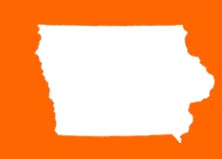

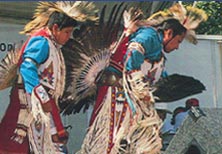
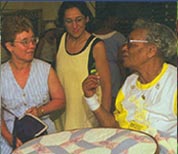
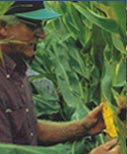
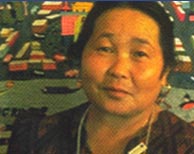
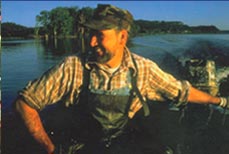
| Resources | ||||||
|
||||||
| Learning Guide |
| 1. Social Studies |
| 2. Language Arts |
| 3. Music |
| 4. Art |
| 5. Special: Multi-Disciplinary, Culminating Activities |
|
Suggested Methods
Teachers should make the point that good note-taking is essential, but in an interview it is impossible to take notes word for word. Good interviewers write down just key words and sentence fragments during the interview so as not to lose the stream of the conversation. Immediately after the interview, they try to write out the interview in the fullest form possible.
Student Activity
HIGH SCHOOL ADDITIONS: Attend an event of any kind: basketball game, wedding, informal gathering of friends, or even a typical family dinner. Write down everything about the event that you can observe: who is there, the activities in the order they take place, the mood of those in attendance, any unusual occurrences, etc. Then interview one of the other people at the event about what he or she observed. Write about the two views. Do you think your observation skills need practice?
Home/Community Connection Have students conduct a life history interview with an older member of their household. Students should compose at least ten questions they would like to ask this person. They should also pick one particular cultural tradition—it may be cooking, or celebration, or language use, or singing—that they can concentrate on in their interview. Students should write up their interviews and share them with the class. Teachers can help students find patterns, commonalities, and differences in the content of the interviews. They can also hold a “clinic” as students discuss the trials and challenges of conducting a good interview. Student/Senior Citizen Exchange Pair students with seniors and have them interview one another on a particular subject. Keep the subject fairly simple, but encourage the interviewers to go into as much depth as possible. Ideas for topics include: favorite pastimes or hobbies; favorite foods; the most interesting person in your family. Use tape recorders if possible. Transcribe interviews and share them with one another. Discuss what you learned.
|
|||||||||||||||||||||||||||||
| | | Next |
| HANDOUTS/READINGS |
Handout 1:
Handout 2:
Handout 3: |
| MEDIA SUPPORT |
Iowa Roots Interviews: |
| smithsonian institution |
 |
pioneer hi-bred international, inc. |
iowa sesquicentennial commission |
 |
iowa arts council |
